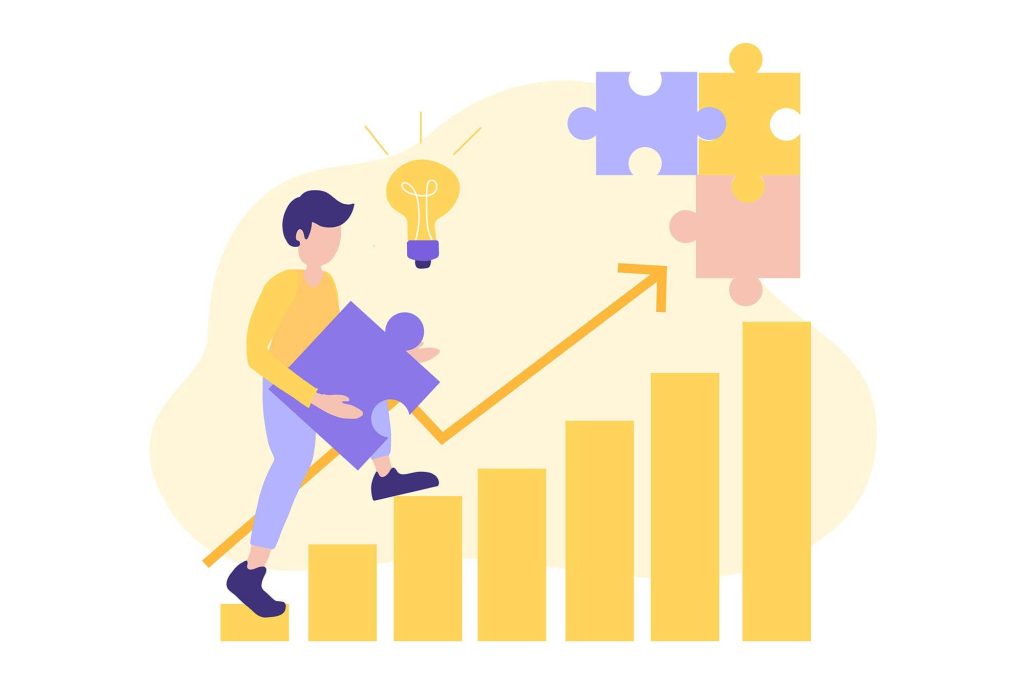
Navigating Economic Uncertainties
Prices are rising, and our purchasing power seems to be shrinking. As we transition from the pandemic’s grip, the stability of our economy appears to be wavering. Could we be facing an economic downturn? How do we understand its implications and prepare ourselves?
Understanding Economic Downturns
My journey into preparedness introduced me to the term TEOTWAWKI – The End Of The World As We Know It. James Rawles’ book “Patriots” painted a picture of a swift economic downfall, triggered by a collapsing American banking system. Another alarming scenario was presented in the “The One Hour Meltdown.” But can an economic downturn truly happen overnight?
Investopedia defines an economic downturn as a severe form of economic shrinkage that follows a period of crisis. This can be triggered suddenly due to an unexpected event or can be the result of multiple, accumulating weak points in the economy.
I believe a gradual deterioration of our quality of life and economy is more plausible. The persistent high unemployment rates are eroding America’s middle class. Prolonged joblessness forces many to deplete their savings, retirement funds, and resort to accumulating debt, trying to avoid bankruptcy and eviction.
This process causes more and more individuals to slip into the lower economic strata. For many, TEOTWAWKI isn’t a future possibility but a present reality.
Economic Indicators: What Do They Suggest?
In 2021, approximately 37.9 million Americans were living under the poverty line, defined as a four-member family earning $26,500 or less. The average income has regressed to what it was in the mid-1990s. Officially, the unemployment rate stands at 3.8%.
However, employment prospects are often tied to location and industry health. The pandemic affected many sectors, making it challenging for businesses to find and retain workers. I recently experienced this first-hand when a local appliance store adjusted its operating hours due to a shortage of staff.
As of November 2022, 100.44 million people were part of the “inactive labor force.” Today, only 44% of Americans identify as “middle class,” a decrease from 53% in 2008. The average age of minimum wage earners is 35, and 45% of American workers earn below $30,000. This underscores the financial strain on numerous households.
Comparing Two Evils: Gradual Decay vs. Sudden Collapse
Witnessing a society’s slow decay is profoundly disheartening. It’s akin to watching an injured animal dragging itself for miles before giving up. One day, we might wake up to realize that the American economy, after limping for a while, has finally given in. The decline isn’t always instantaneous; sometimes it’s a prolonged, sorrowful process.
During my travels in the erstwhile USSR, I observed rampant poverty – from outdated cars and fashion to nearly empty grocery stores. When I visualize America’s slow decline, these images resurface.
Being Prepared for Economic Challenges
If you’re counting on a stable Social Security system for retirement, it’s time to reconsider. Here are some proactive measures to consider:
- If eligible, utilize government assistance programs.
- Re-evaluate your skill set to generate additional income.
- Review and reduce non-essential expenses.
- Stockpile food for long-term storage.
- Reduce reliance on car travel.
- Plan for rising energy costs.
- Consider small-scale solar solutions instead of whole-house systems.
- Explore self-sustenance through gardening or raising livestock.
- Prioritize debt repayment.
- Embrace frugality.
- Ponder investments in precious metals.
- Bartering has limits; don’t overly rely on it.
- Address pending health concerns.
- Stay physically fit to reduce potential health issues.
Facing the Possibility of an Economic Crisis
The hardest part of an economic downturn is its inherent injustice. However, it’s essential to maintain a positive mindset. Negativity drains energy and can lead to despair. Taking proactive measures not only prepares you for the uncertain future but also shifts the power back into your hands, making you a resilient survivor ready for any challenge.

